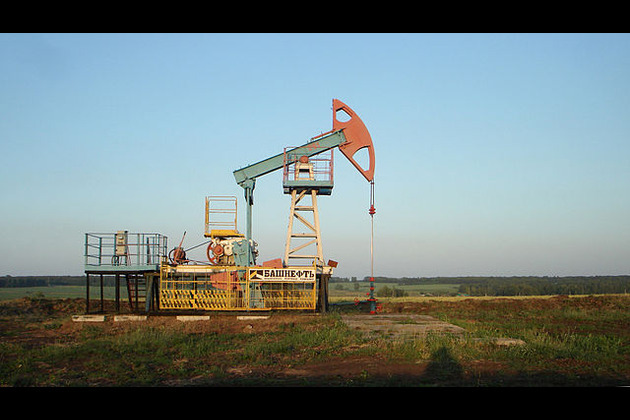Move FM Global News

Oil surges over 7% after Israeli strikes on Iranian military sites
Jun 17, 2025HOUSTON, Texas: Crude oil surged to multi-month highs this week, driven by escalating tensions in the Middle East after Israel launched airstrikes on Iranian targets. The spike raised fresh concerns about the security of global oil supplies and the possibility of disruptions in one of the world’s most critical energy corridors.
Brent crude futures jumped US$4.94, or 7.12 percent, to $74.30 a barrel by 1442 GMT, after earlier reaching $78.50—the highest since January 27. U.S. West Texas Intermediate crude climbed $4.72, or 6.94 percent, to $72.75, touching a session peak of $77.62, its highest since January 21.
The price rally marked the most significant intraday move for both benchmarks since 2022 when Russia’s invasion of Ukraine roiled global energy markets.
Gains on June 13 followed Israel’s announcement that it had struck Iran’s nuclear facilities, ballistic missile sites, and senior military officials. The move, part of what Israel called a broader operation to stop Tehran from acquiring nuclear weapons, triggered immediate retaliation from Iran and sent shockwaves through global commodity and equity markets.
U.S. President Donald Trump weighed in, calling on Iran to negotiate: “Make a deal to end the next already planned attacks,” he said.
Despite the mounting tension, the National Iranian Oil Refining and Distribution Company said that refining and storage operations remained unaffected and were running normally.
Still, analysts flagged the potential risk to the Strait of Hormuz—a narrow waterway linking the Persian Gulf with global markets. About 18 to 19 million barrels of oil, condensates, and fuels pass through the strait daily, accounting for roughly a fifth of global consumption.
“The primary concern was whether the latest developments would affect the Strait of Hormuz,” said Nikos Tzabouras, senior market analyst at Tradu.com. “Sustained upside would require actual disruptions to physical flows—such as damage to Iran’s oil infrastructure or a blockade of the Strait.”
For now, analysts noted that energy infrastructure remains intact. “No energy installations have been impacted by the Israeli strikes, so unless Iran decides to drag other nations, especially the U.S., into the conflict, the risk of a supply disruption remains low,” said Saxo Bank’s Ole Hansen.
Still, markets reacted swiftly. Gold prices climbed, equity markets dipped, and investors turned to traditional safe havens like the U.S. dollar and Swiss franc.
Some experts cautioned that any Iranian move to close the Strait would likely backfire. “Iran’s economy heavily relies on the free passage of goods and vessels through the seaway,” said JP Morgan analysts Natasha Kaneva, Prateek Kedia, and Lyuba Savinova. “Cutting off the Strait of Hormuz would be counterproductive to Iran’s relationship with its sole oil customer, China.”


